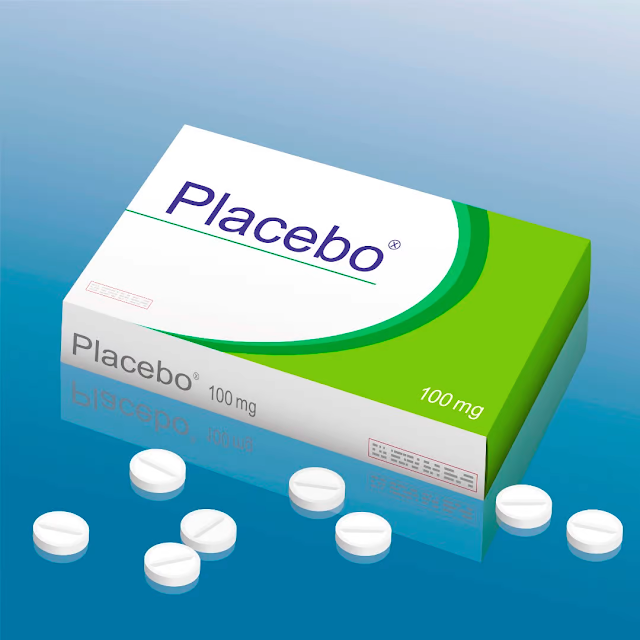Alcoholics Anonymous
Melissa is a Marriage and Family Therapy Trainee who is currently enrolled in Point Loma Nazarene University’s Masters in Applied Clinical Counseling program. Melissa received a B.A. in Communication from UC San Diego and an M.A. in Film from SDSU. Melissa taught as an adjunct at MiraCosta for 20 years in the Department of Theatre and Film. After the COVID lockdown, she noticed that many of her students were struggling with mental health and was called to make a career change. Her approach to client care is informed by psychodynamic theory, social justice, neurodiversity and LGBTQIA+ affirmation.
What is AA?
AA stands for Alcoholics Anonymous. It is a 12 Step Recovery Program for people with Substance Use Disorder. There are other AA-based groups for people who are addicted to drugs, gambling, or sex. Anyone who struggles with Substance Use Disorder and desires recovery is welcome at an AA meeting. The “anonymous” part means that attendance at an AA meeting and what is shared is confidential.How do I find AA meetings?
You can download an app called Meeting Guide or you can do an online search. There are different kinds of meetings held throughout the day or evening at different locations. There are meetings that cater to women, men, teens, and LGBTQIA+ folks, as well as other identities. The meeting listing will specify the type of meeting and whether it is open or closed. Open meetings are for anyone, closed meetings are just for those who desire to recover from SUD.What happens at an AA meeting?
People share their struggles with alcohol or other substances or behaviors. There are usually some readings from the Big Book of Alcoholics Anonymous. Some meetings have a focus, like book study or meditation. AA meetings do not charge fees, although a basket is passed at the end for small donations.Is AA a Christian organization?
No. The 12 steps and AA literature encourage a belief in a “higher power”. There are people of all religions at AA meetings, as well as agnostics, atheists, and those who consider themselves spiritual but not religious.Is AA proven to work?
It depends. There is mixed evidence (Kaskutas, 2009) on AA’s efficacy. Many recovery programs use AA or 12 Steps in their interventions. The AMA Journal of Ethics (2016) states that “TS (Twelve Step) programs are an appropriate mode of help for those seeking to quit an addiction but should not be the only approach considered.”Resources
https://ncsandiegoaa.org/References
Kaskutas, L. A. (2009). Alcoholics Anonymous Effectiveness: Faith Meets Science. Journal of Addictive Diseases, 28(2), 145–157. https://doi.org/10.1080/10550880902772464Mendola, PhD, A., & Gibson, R. L. (2016, June.) Addiction, 12-Step Programs, and Evidentiary Standards for Ethically and Clinically Sound Treatment Recommendations: What Should Clinicians Do?. AMA Journal of Ethics. https://journalofethics.ama-assn.org/article/addiction-12-step-programs-and-evidentiary-standards-ethically-and-clinically-sound-treatment/2016-06




Make a plan for your cravings as they are an evitable part of detoxing and getting sober. When you get those cravings, normally, you feel anxiety, fear, or shame. These emotions will push you to desire to drink and hence they are challenging when the person is alone.
ReplyDeleteTop homeopathy doctor in delhi